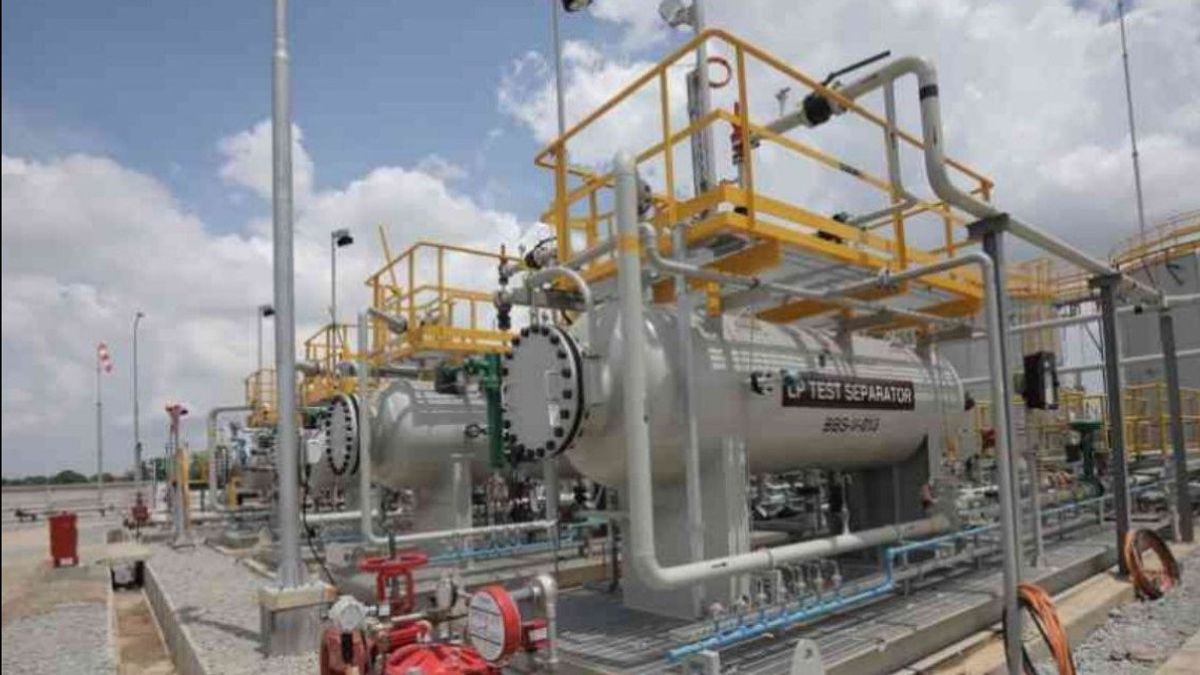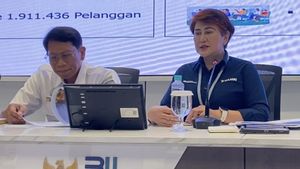JAKARTA - Industrial gas company Samator Group is boosting the development of new and renewable energy (EBT). One of them, through research cooperation (RnD) to realize a more environmentally friendly energy transition.
"We started investing with human capital (HR)," said Samator Group President Director Rachmat Harsono quoting Antara.
For this reason, his party cooperates with five strategic partners both at home and abroad to establish potential cooperation in several fields including the development of solar panels, liquefied natural gas, hydrogen and plans to form a joint venture to encourage the level of domestic components (TKDN) above 60 percent.
He believes that after research and development, investment can be made in the next two to three years while observing market demand.
Rachmat assessed that the potential for the use of clean energy both nationally and globally is increasing as the world pays attention to reducing carbon emissions.
"Maybe in the next 10 years, coal will not be replaced, it will still exist but how to reduce emission levels by decarbonizing, so it is balanced with EBT," he added.
Through these efforts, it is hoped that it can support the government's efforts in decarbonization, considering that Indonesia is the contributor to greenhouse gas emissions number eight in the world based on a McKinsey report entitled Indonesia's green powerhouse Promise: ten bold moves.
SEE ALSO:
In the report, it is stated that emissions in Indonesia are estimated to reach five percent per year which has taken place in the last 15 years, one of which is due to significant deforestation.
Meanwhile, the Ministry of Energy and Mineral Resources (ESDM) said that Indonesia has abundant potential for New and Renewable Energy (EBT) starting from solar, bayu, hydro, bioenergy, geothermal, and also sea with a total potential of 3,686 gigawatts (GW).
On the other hand, the Coordinating Ministry for Maritime Affairs and Investment noted that until June 2020, Indonesia had been able to reduce emissions of 63 million tons of carbon dioxide (CO2e) from the target of 67.5 million tons of CO2e.
Indonesia plans to reduce 198.27 million tons by 2025 and reach 314 million tons by 2030.
The English, Chinese, Japanese, Arabic, and French versions are automatically generated by the AI. So there may still be inaccuracies in translating, please always see Indonesian as our main language. (system supported by DigitalSiber.id)
















